Real Estate Due Diligence: What Every Homebuyer Needs to Know Before Closing
Buying a home is one of the biggest financial decisions you’ll ever make—and doing your due diligence can mean the difference between a dream home and a costly mistake.
Whether you're buying your first home or investing in Silicon Valley real estate, this guide walks you through what due diligence means, why it matters, and how to protect yourself before finalizing your purchase.
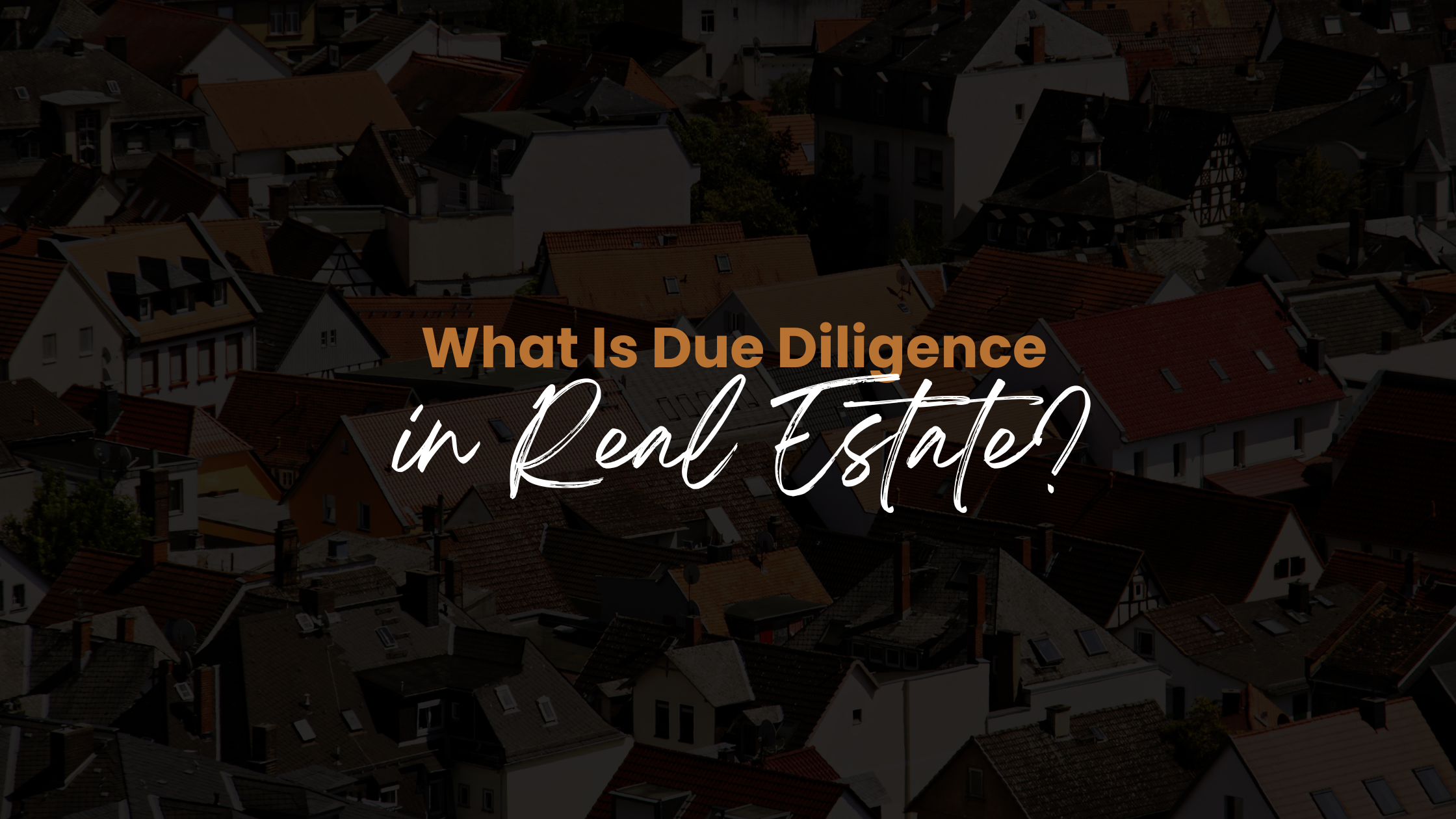.png?w=1140)
Due diligence is the investigative period after your offer is accepted, but in hot markets like the Bay Area, much of this research happens even before you submit your offer. This is your opportunity to ask questions, verify property conditions, and ensure you're making a smart investment.
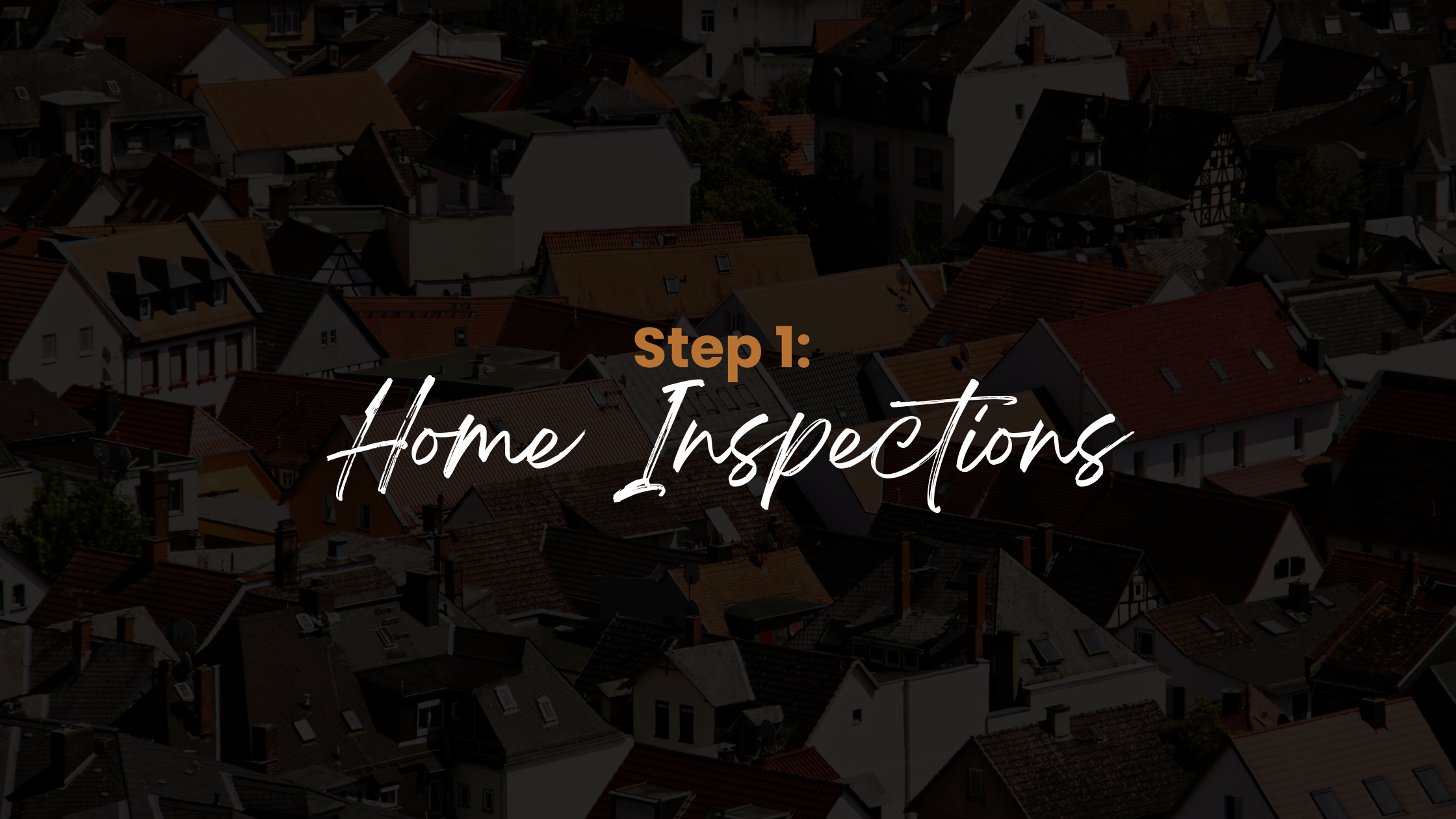.png?w=380&h=254)
Hire licensed professionals to examine the property thoroughly:
General home inspection
Roof, plumbing, and electrical systems
Termite and pest inspections
Sewer line and foundation specialists (if needed)
These inspections help you uncover hidden issues before they become expensive problems.
.png?w=380&h=254)
Sellers must provide disclosure forms revealing any known property defects—like leaks, repairs, or neighbor disputes.
But don’t rely solely on disclosures. Verify with inspections, ask follow-up questions, and clarify anything unclear.
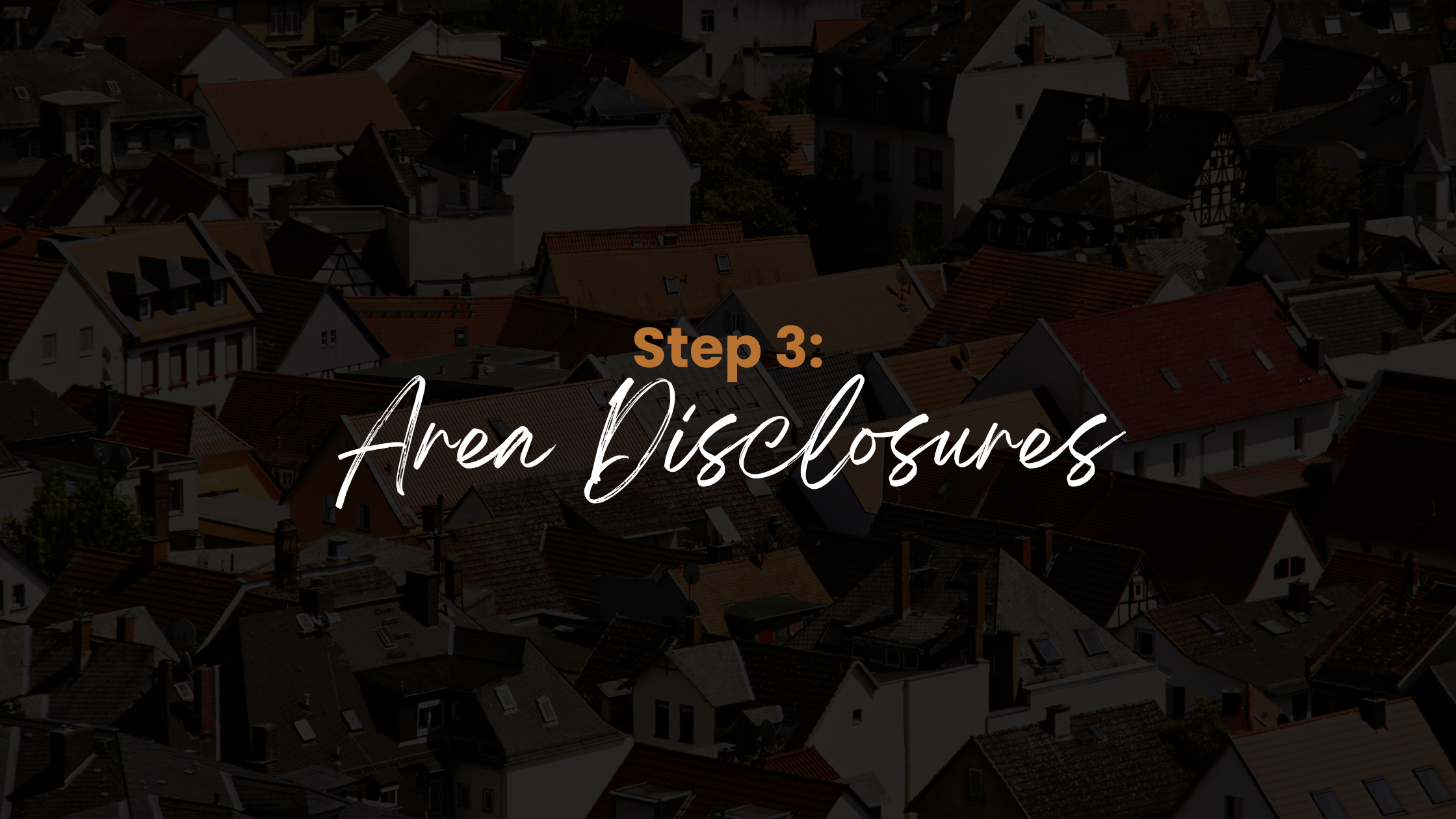.png?w=380&h=254)
These documents cover:
Natural hazard zones (earthquake, flood, fire)
Local regulations and zoning
Environmental risks and neighborhood conditions
Understanding the neighborhood’s risks and regulations is just as important as evaluating the house itself.
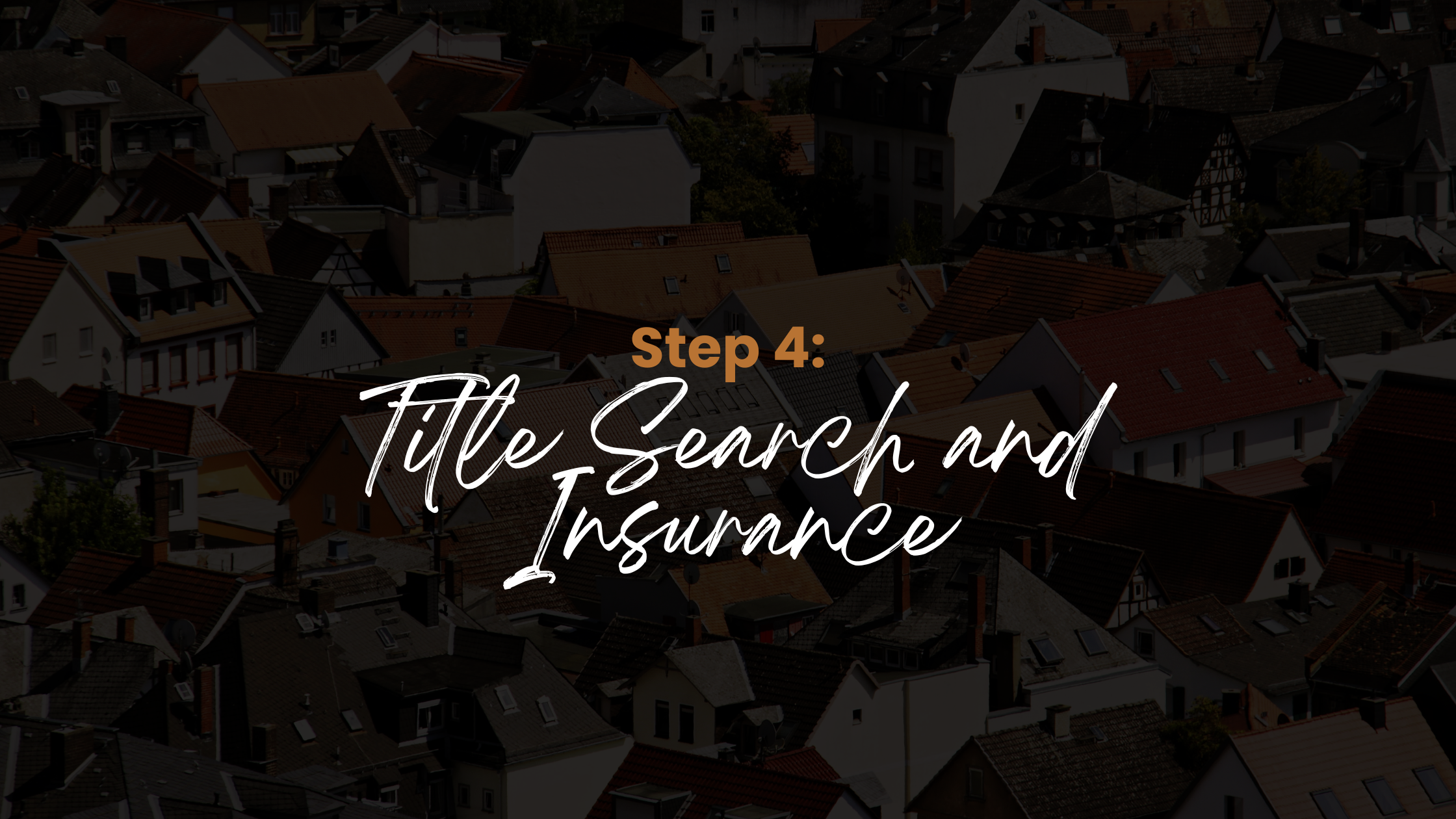.png?w=380&h=254)
A title company will confirm that the seller legally owns the property and can transfer it without issues. A title search will uncover:
Liens or debts attached to the property
Easements or usage restrictions
Boundary disputes
Title insurance protects you from any future legal claims on the property.
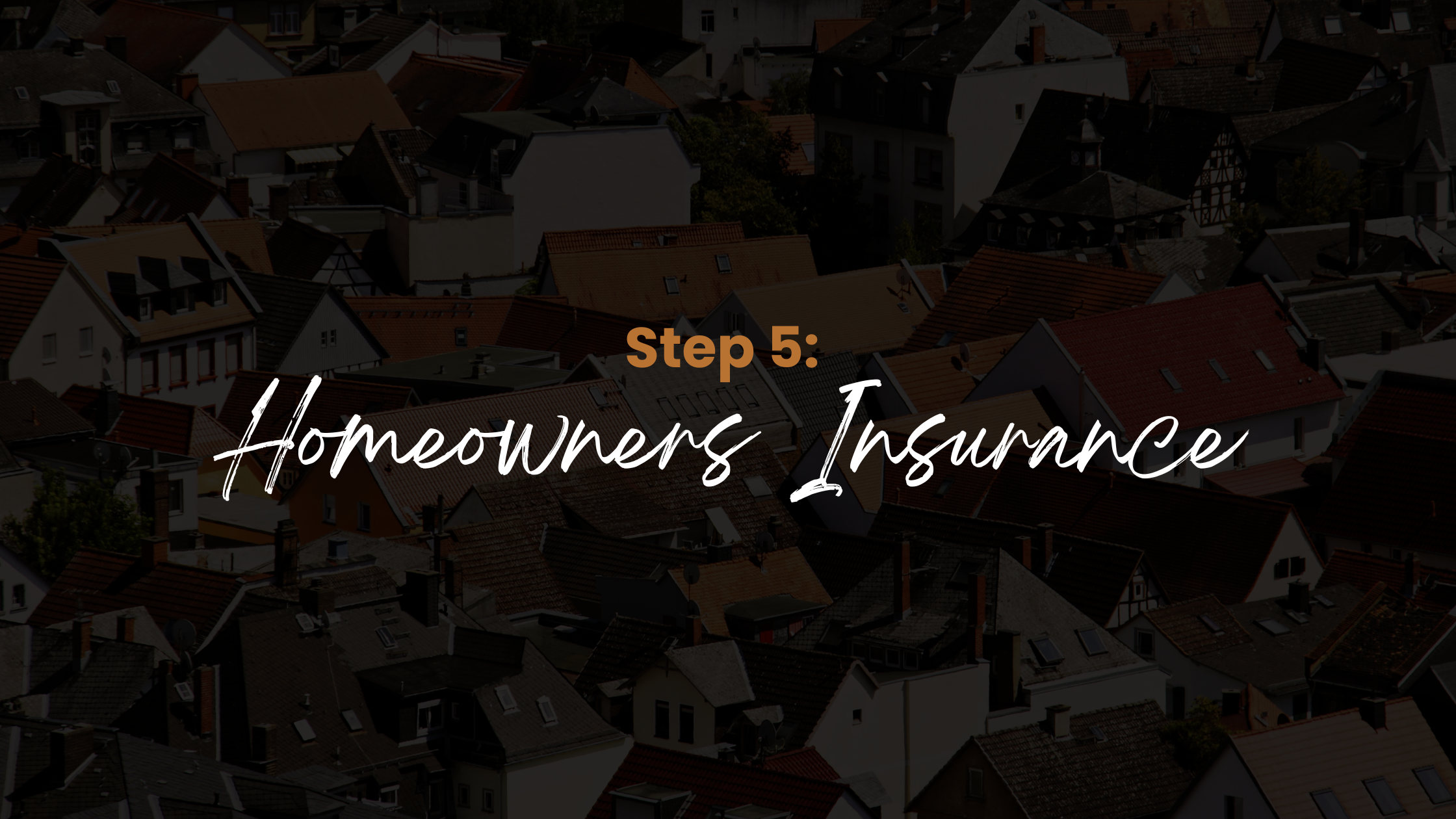.png?w=380&h=254)
Before closing, you must secure insurance. Standard coverage includes:
Fire and theft protection
Liability coverage
In high-risk zones, consider additional flood or earthquake insurance. Confirm you can get coverage before finalizing your purchase.
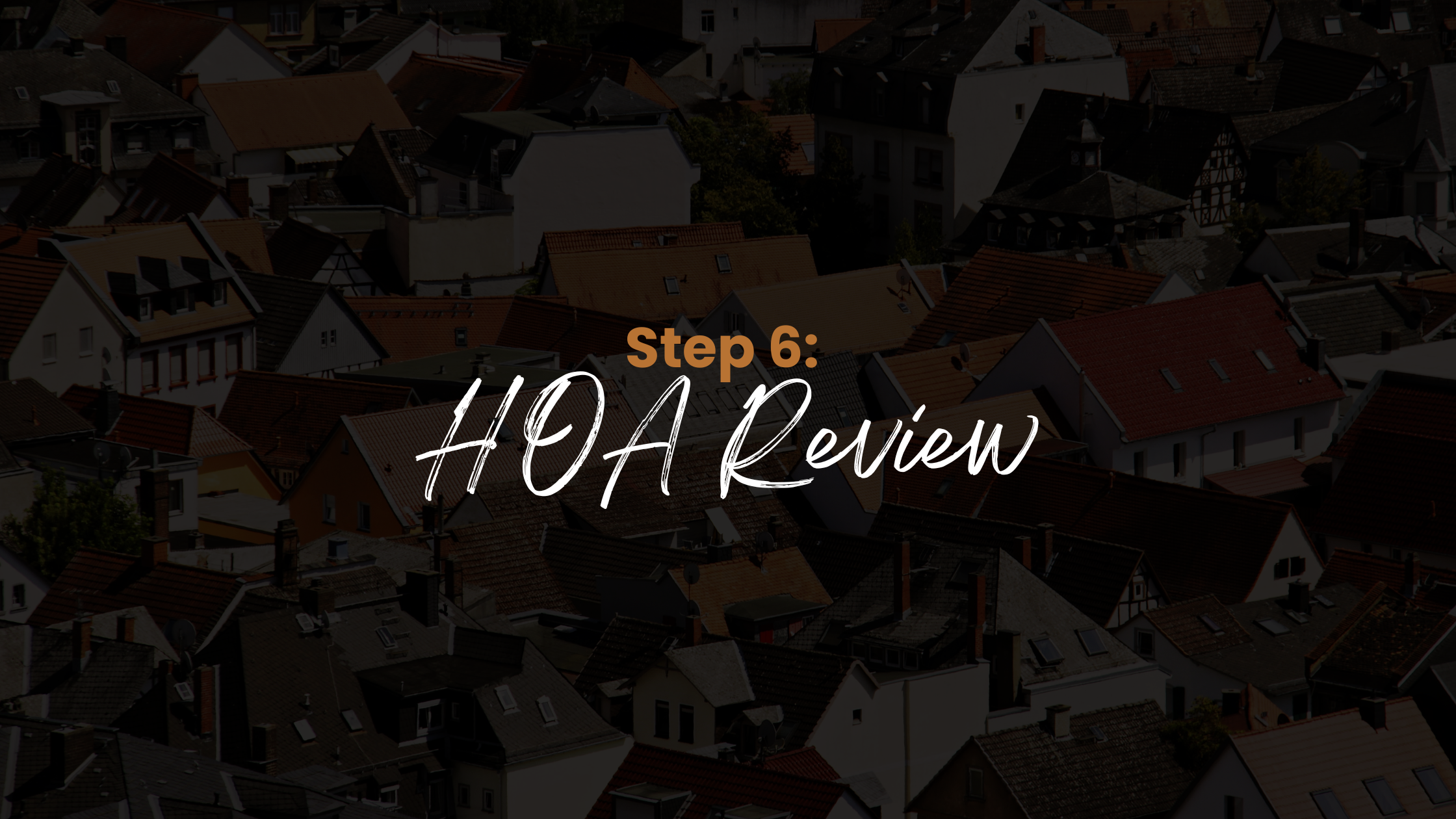.png?w=380&h=254)
If the home is part of a Homeowners Association (HOA):
Read the CC&Rs (Covenants, Conditions & Restrictions)
Review monthly dues and budgets
Check for lawsuits or pending special assessments
Make sure the HOA aligns with your lifestyle and that the community is financially stable.
🧠 Final Thoughts: Your Due Diligence Is Your Safety Net
In a fast-moving real estate market, due diligence ensures you’re making a confident, informed purchase. This step protects your future investment and gives you peace of mind—whether you’re buying your primary residence or an income property.
.png)
.png)
.png)
.png)
.png?w=128&h=128)